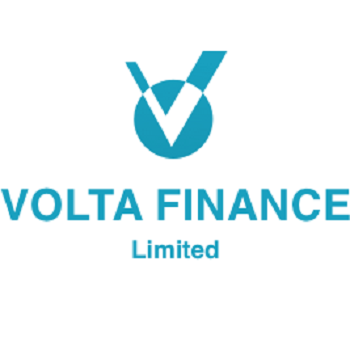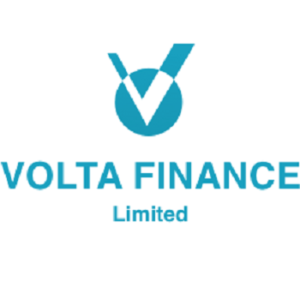Structured products are investment instruments whose returns are tied to the performance of underlying assets such as stocks, indices, or commodities. Typically offered as unsecured obligations, these investments include structured notes, certificates of deposit (CDs), and warrants. At maturity, the value of a structured product depends on specific terms and the performance of the associated underlying asset. Unlike direct investments, they may include features like return caps, downside protection, or call provisions, which influence the risk and potential returns.
Investors should be aware of credit risks associated with these products, as they are not collateral-backed. Payments rely solely on the issuer’s financial stability, meaning insolvency or poor creditworthiness could result in a partial or total loss. Structured CDs, while insured by the FDIC up to statutory limits, only guarantee the principal amount without covering market-linked returns. Features like maximum return caps and market risk reduction may provide certain advantages, but these are subject to issuer obligations and only apply at maturity.
The valuation of structured products prior to maturity can vary significantly due to factors such as interest rate changes, creditworthiness of the issuer, and fluctuations in the underlying asset’s performance. Liquidity is often limited, making it challenging to sell these investments before maturity. Additionally, structured products typically do not provide dividends or voting rights associated with the underlying assets. Tax treatment for these products can also be complex, and potential conflicts of interest may arise as issuers and their affiliates play multiple roles in creating and offering these instruments.
Structured products may include call features, allowing early redemption, which could impact the investment’s potential returns. Some products link returns to multiple underlying assets, amplifying risks if one asset performs poorly. Warrants, a leveraged type of structured product, offer higher return potential but come with increased sensitivity to market risks and the possibility of total loss.
Investors should consult offering materials and financial advisors to fully understand the terms, risks, and potential returns of any structured product. These investments are complex and carry significant risks, making them unsuitable for all investors. Careful evaluation of credit quality, liquidity, and potential tax implications is essential before considering structured products.
Structured products offer unique opportunities and risks. A thorough understanding of their features, issuer obligations, and underlying asset behaviour is crucial for informed investment decisions. Always consult a financial advisor for guidance tailored to your specific financial goals and risk tolerance.
Volta Finance Ltd (LON:VTA) is a closed-ended limited liability company registered in Guernsey. Volta’s investment objectives are to seek to preserve capital across the credit cycle and to provide a stable stream of income to its Shareholders through dividends that it expects to distribute on a quarterly basis.



